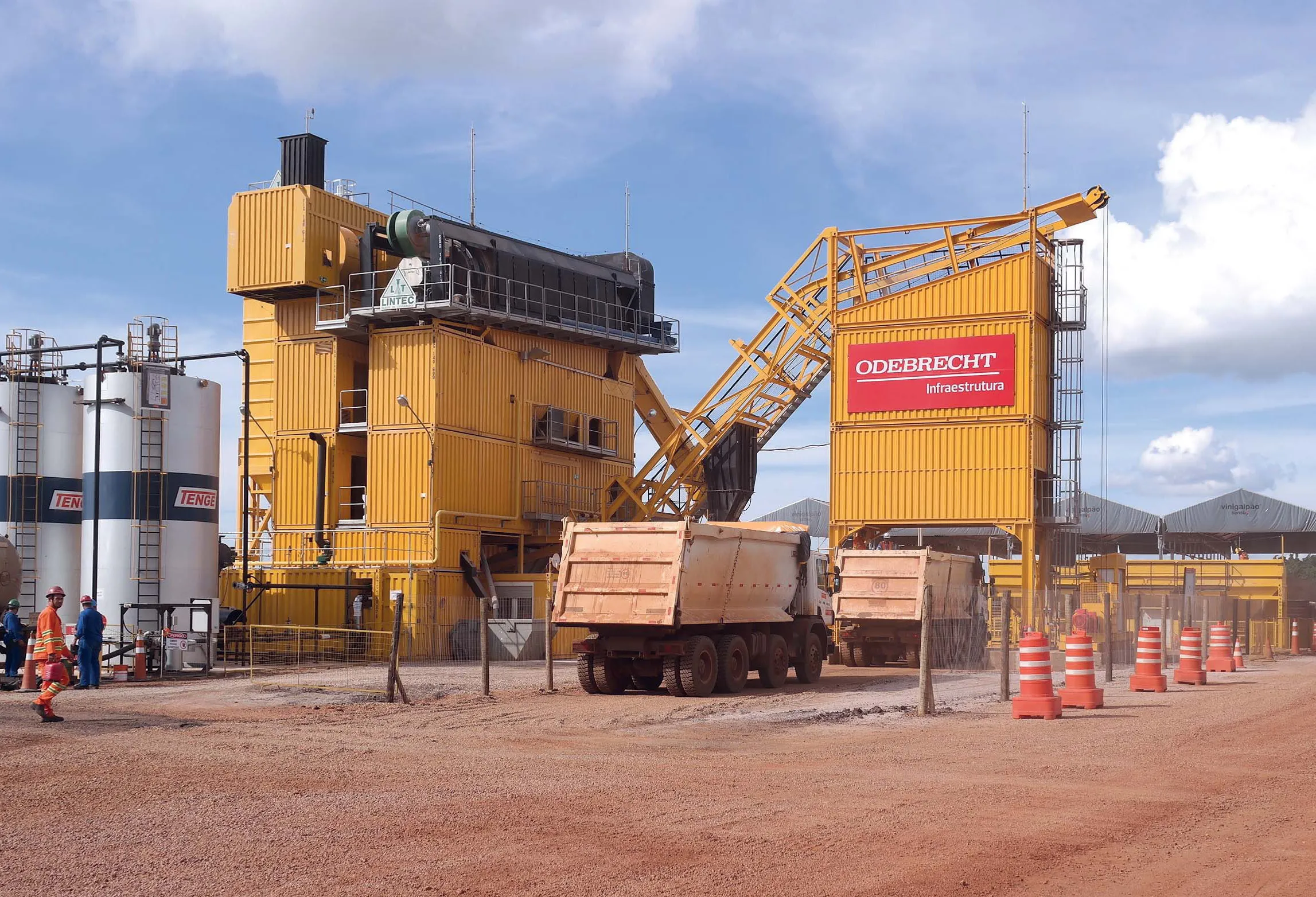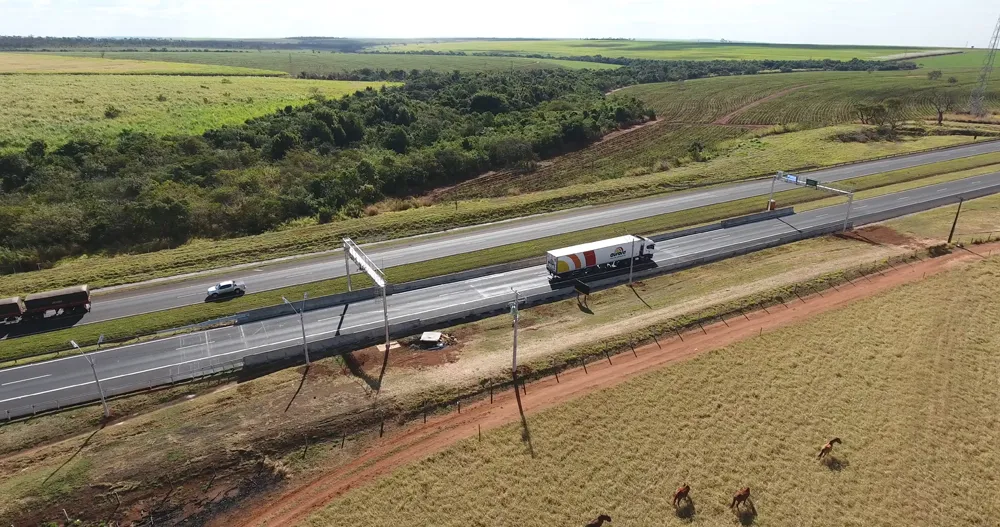Around 130 road projects are facing delays in Brazil, according to a data from Brazil's national land transport association ANTT.
A report in the newspaper O Estado de Paulo noted that many delays are caused by problems with environmental licences and expropriations, as well as a decrease in road traffic due to the economic crisis.
Among projects that were meant to have been completed are those by concession holders Rota do Oeste for the Via 040, Concebra for the Eco 101 and MSVia and Galvão for BR-15
August 4, 2016
Read time: 2 mins
Around 130 road projects are facing delays in Brazil, according to a data from Brazil's national land transport association 5354 ANTT.
A report in the newspaper O Estado de Paulo noted that many delays are caused by problems with environmental licences and expropriations, as well as a decrease in road traffic due to the economic crisis.
Among projects that were meant to have been completed are those by concession holders Rota do Oeste for the Via 040, Concebra for the Eco 101 and MSVia and Galvão for BR-153, according to the newspaper report.
Brazil's national development bank BNDES is adding to completion problems by delaying the release of credit. Other issues that are adding to delays are the alleged involvement of some concession holders in the Lava Jato investigation and an increase in asphalt prices, noted the newspaper.
The Lava Jato - car wash - investigation is looking into allegations of kickbacks involving the state-run oil company Petrobras and dozens of politicians.
A similar concern was expressed earlier this month by the country’s national transport confederation, CNT. The group said it will publish a report in October that will question the wisdom of cuts to public investment in roads and point to delays in the launch of concession programmes.
Brazil’s 2016 federal road budget has been set US$2.03 billion. However up to $1.3 billion had to be used to pay for works commissioned in 2016. According to the Brazilian association of roadworks companies, Aneor, some $2.45 billion is needed to improve, maintain and repair the country’s federal roads/year.
The results from CNT's 2015 report on road conditions pointed to a 13.1% increase in the number of sections of road in a critical condition, with serious risks to user safety.
A report in the newspaper O Estado de Paulo noted that many delays are caused by problems with environmental licences and expropriations, as well as a decrease in road traffic due to the economic crisis.
Among projects that were meant to have been completed are those by concession holders Rota do Oeste for the Via 040, Concebra for the Eco 101 and MSVia and Galvão for BR-153, according to the newspaper report.
Brazil's national development bank BNDES is adding to completion problems by delaying the release of credit. Other issues that are adding to delays are the alleged involvement of some concession holders in the Lava Jato investigation and an increase in asphalt prices, noted the newspaper.
The Lava Jato - car wash - investigation is looking into allegations of kickbacks involving the state-run oil company Petrobras and dozens of politicians.
A similar concern was expressed earlier this month by the country’s national transport confederation, CNT. The group said it will publish a report in October that will question the wisdom of cuts to public investment in roads and point to delays in the launch of concession programmes.
Brazil’s 2016 federal road budget has been set US$2.03 billion. However up to $1.3 billion had to be used to pay for works commissioned in 2016. According to the Brazilian association of roadworks companies, Aneor, some $2.45 billion is needed to improve, maintain and repair the country’s federal roads/year.
The results from CNT's 2015 report on road conditions pointed to a 13.1% increase in the number of sections of road in a critical condition, with serious risks to user safety.







